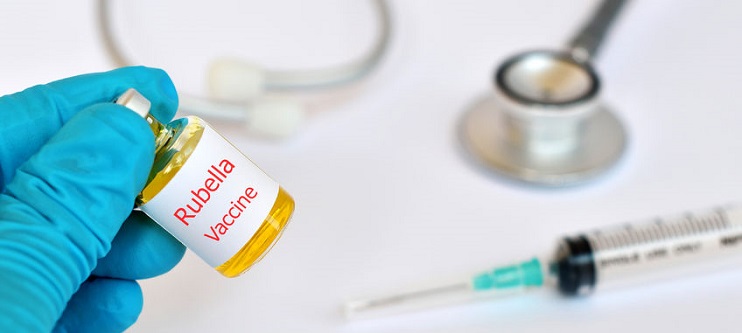

 Back to Suggested Publications
Back to Suggested Publications

This week, WAidid suggests the recent article Slow Progress In Finalizing Measles And Rubella Elimination In The European Region.
SUMMARY:
The WHO Regional Office for Europe has launched a number of technical and advocacy initiatives designed to increase member states’ political commitment to and technical capacity for achieving the goal of eliminating measles and rubella by the end of 2015. Nevertheless, in view of the trends observed at the country level in the period 2010–13, that goal was unlikely to have been met.
Many member states do not routinely monitor WHO-recommended indicators of measles and rubella surveillance and laboratory perfor mance. Furthermore, surveillance sensitivity is inadequate in many countries. All member states have a two-dose routine vaccination schedule for measles- and rubellacontaining vaccines, and most use the measlesmumps-rubella (MMR) vaccine. Vaccination coverage is generally higher with the first dose than with the second. Coverage is generally lower in Western European member states than in Eastern European ones and the Newly Independent States. Parental refusal to vaccinate children is a complex and growing problem, especially in Western Europe.
Despite progress in some countries, the goal of measles and rubella elimination in the WHO European Region by the target date of 2015 was unlikely to have been met. This is an unexpected outcome in a region where sufficient resources are available. Unless and until progress toward genuine political commitment, increased technical capacity, and universal public awareness of the benefits of measles and rubella elimination (especially inWestern Europe) is urgently accelerated, this important public health initiative will remain unfulfilled.
AUTHORS: Biellik R, Davidkin I, Esposito S, Lobanov A, Kojouharova M, Pfaff G, Santos JI, Simpson J, Mamou MB, Butler R, Deshevoi S, Huseynov S,Jankovic D, Shefer A
CLICK HERE TO READ THE ABSTRACT